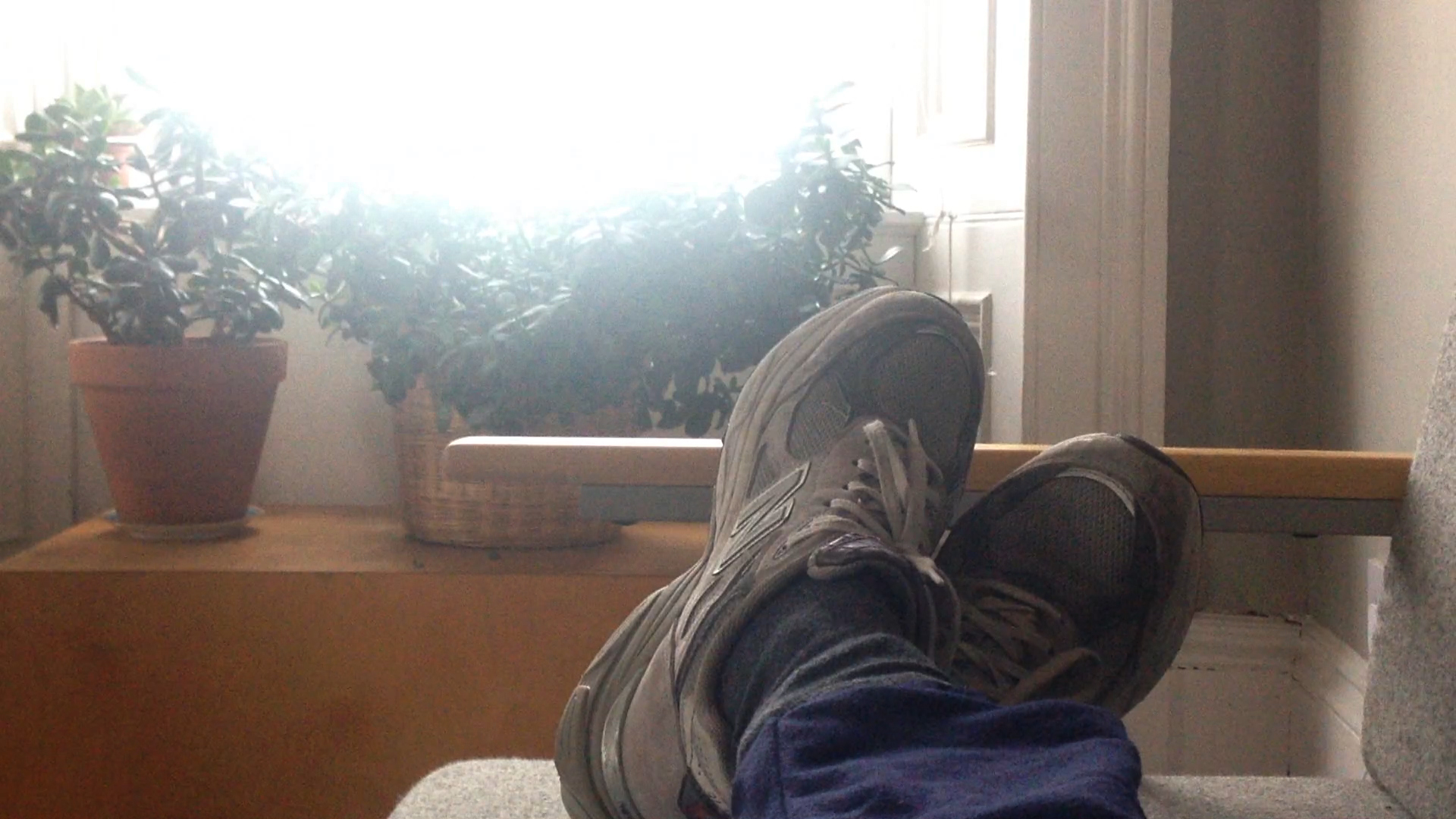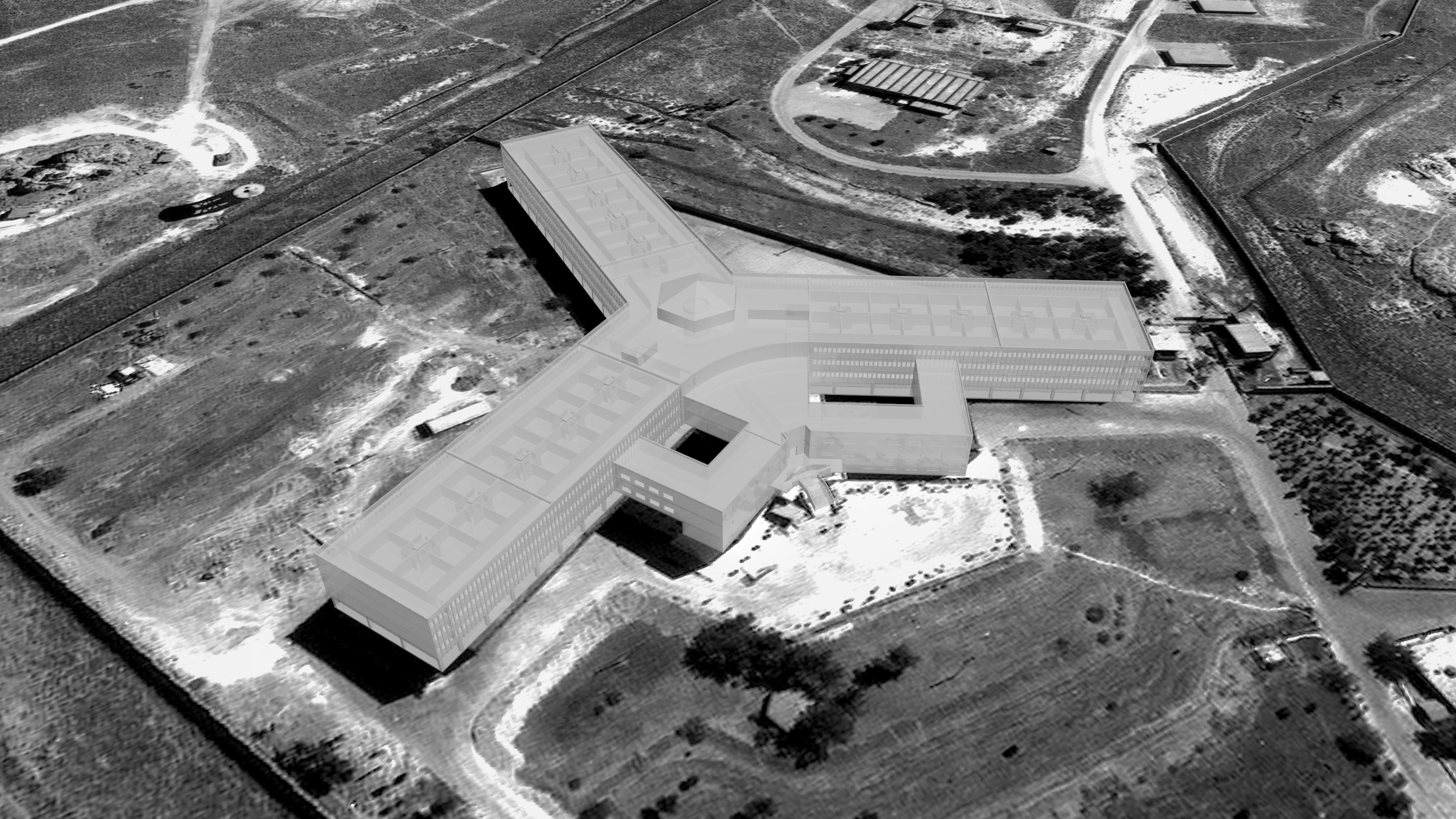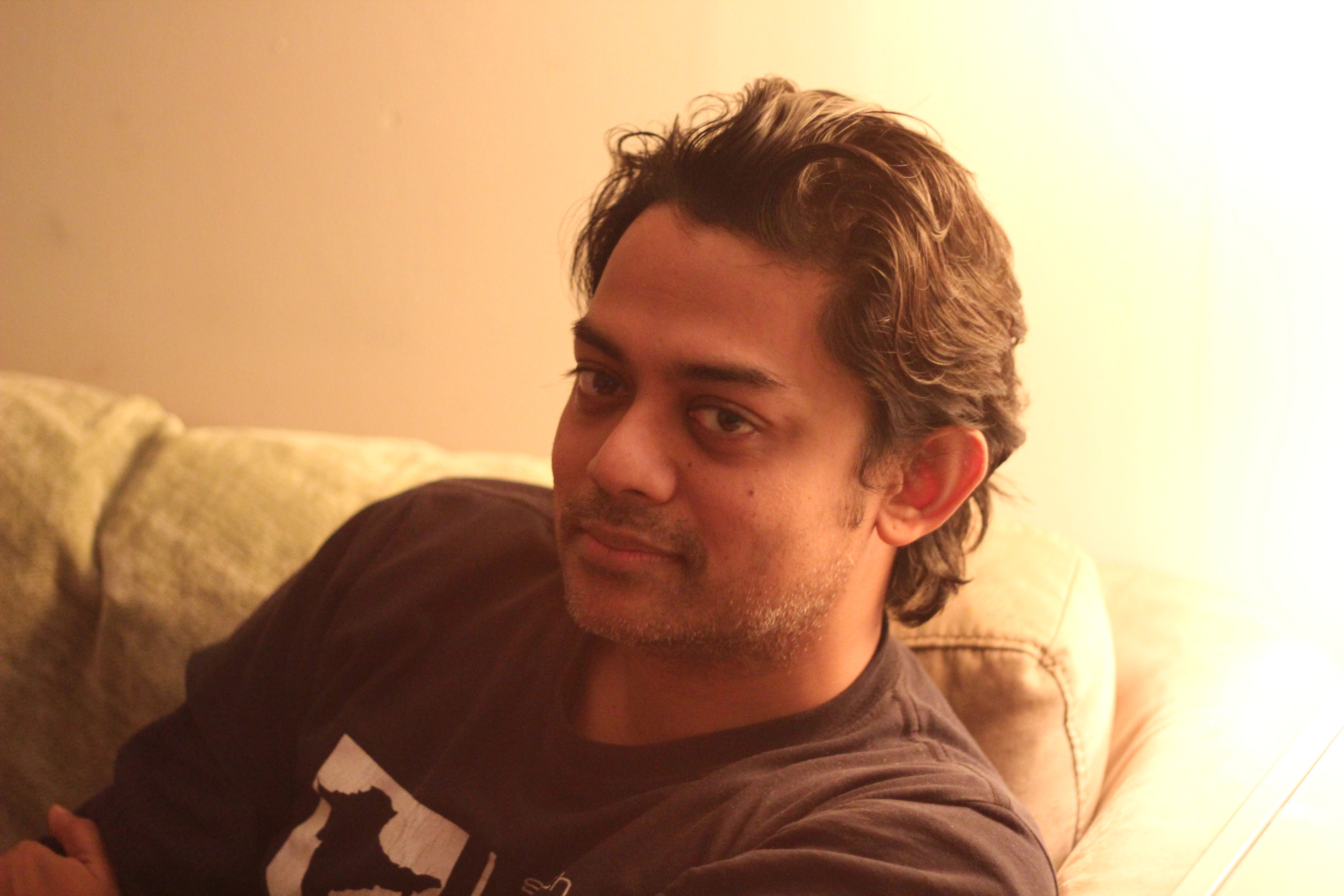iPhone artist and academic collective on Turner Prize shortlist
An artist who filmed a portrait of the woman who live-streamed the aftermath of the shooting of her boyfriend by US police is also in the running.

An artist who uses her iPhone like a “prosthesis” in her work and an academic collective have been shortlisted for this year’s Turner Prize.
The £25,000 art prize is famous for catapulting works such as a huge sculpture of buttocks and an unmade bed into the spotlight.
This year’s shortlist is more overtly political, with the artists all tackling “pressing political and humanitarian issues of today”.

Reynolds broadcast live, on Facebook, in 2016, the immediate aftermath of the fatal shooting of her boyfriend, Philando Castile, by a police officer during a traffic stop in the US.
Filmed portrait Autoportrait is described as a “deeply affecting study of grief” which “addresses representations of race and police violence”.
Judges said the portrait, in which Reynolds hardly moves, “is as close to a classical portrait that (one) could ever imagine to see in the Turner Prize” with Reynolds “presented as a figure controlling her own image, silent and powerful”.

Judges said she approaches the iPhone “as a prosthesis or extension of the nervous system … Body and device become extensions of each other”.
The academic group shortlisted, Forensic Architecture, is known for its “spatial investigations of state and corporate violations worldwide” and also uses mobile phone footage in much of its work.
The group includes architects, film-makers, software developers, investigative journalists, lawyers and scientists.
Forensic Architecture uses “innovative methods” to source and visualise evidence relating to human rights abuses around the world, investigating “state and corporate violations worldwide”.
Naeem Mohaiemen, 49, whose work encompasses films, installations and essays, is also on the shortlist.

An exhibition of work by the artists will be staged at Tate Britain from September 25 and the winner of the prize will be announced in December.
Last year, Lubaina Himid became the oldest artist to win the Turner Prize, at the age of 63, after it was opened up to older artists.
Judges said that “all the artists are trying to grapple with ‘How did we get here?'”, were “trying to work out how things got a bit messed up” and that they “ask more questions than they answer”.
Tate Britain director Alex Farquharson said: “This year’s jury has chosen an outstanding group of artists, all of whom are tackling the most pressing political and humanitarian issues of today.”
He added: “This shortlist highlights how important the moving image has become in exploring these debates.”





